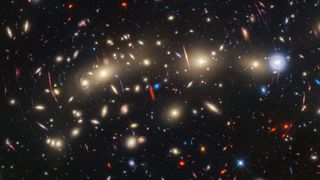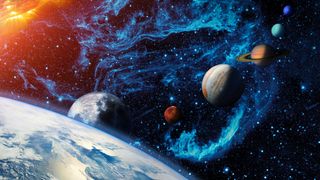universe
Latest about universe
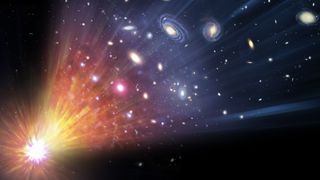
The universe may end in a 'Big Freeze,' holographic model of the universe suggests
By Paul Sutter published
New research suggests holographic dark energy could stop the universe's expansion.
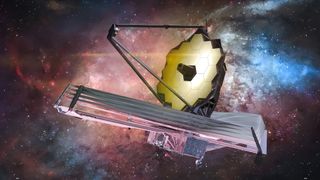
Are we wrong about the age of the universe? The James Webb telescope is raising big questions.
By Sandro Tacchella published
Some of the earliest galaxies found with JWST are also the brightest. That's a problem for our ideas about the universe.
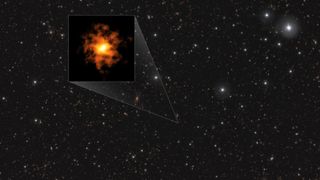
Record-breaking ancient spinning galaxy challenges cosmic evolution theories
By Robert Lea published
Astronomers have discovered the earliest strongly rotating galaxy ever seen that's well-organized rather than chaotic, challenging theories of cosmic evolution.
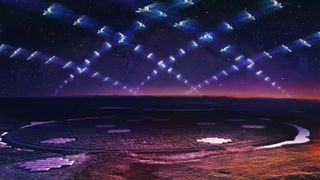
Newest Starlink satellites are leaking even more radiation than their predecessors — and could soon disrupt astronomy
By Harry Baker published
A new study reveals that Generation 2 Starlink satellites are leaking up to 30 times more radio waves than their predecessors. If SpaceX continues to deploy the newer versions as planned, we could reach an "inflection point" where astronomers can no longer properly study the cosmos, researchers warn.
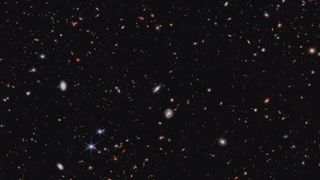
Early galaxies weren't mystifyingly massive after all, James Webb Space Telescope finds
By Charles Q. Choi published
'The bottom line is, there is no crisis in terms of the standard model of cosmology.
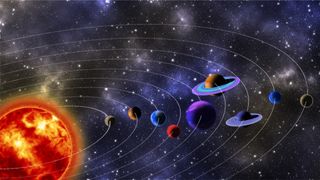
Why is everything in space always moving?
By Ashley Hamer published
From the moment of the Big Bang, everything in the universe has kept moving, but why is that?
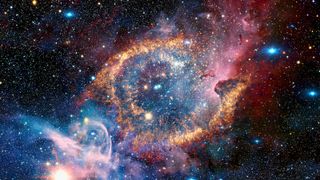
AI uncovers the universe's 'settings' with unprecedented precision, and it could help to resolve the Hubble tension
By Ben Turner published
The new AI system can estimate cosmological parameters with stunning precision, and it could help astronomers unpick one of the thorniest problems in the field.
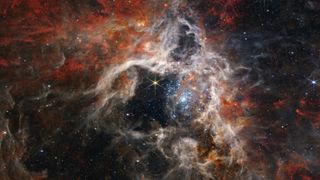
The Higgs particle could break physics throughout the universe. Here's why it hasn't.
By Lucien Heurtier published
The elusive Higgs particle has the power to undo physics as we know it. The fact that it hasn't could have big implications about the nature of the universe.
Get the world’s most fascinating discoveries delivered straight to your inbox.


